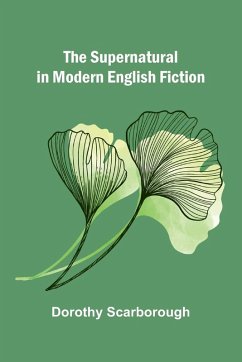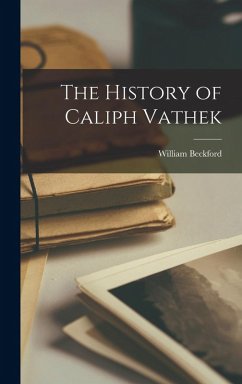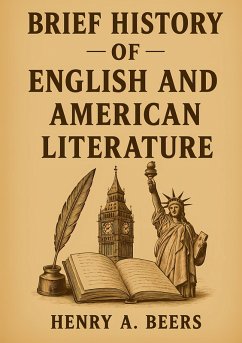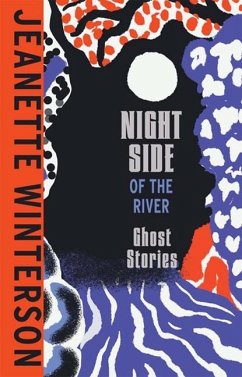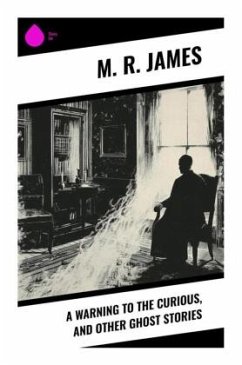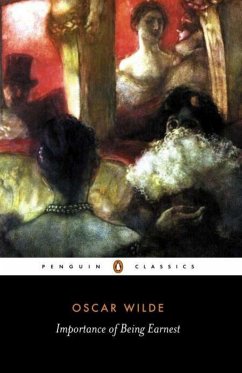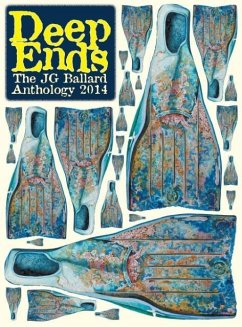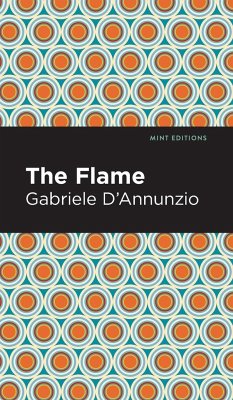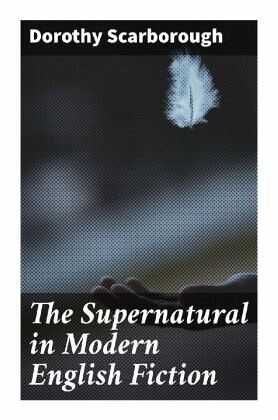
The Supernatural in Modern English Fiction
Versandkostenfrei!
Versandfertig in 6-10 Tagen
8,99 €
inkl. MwSt.
Weitere Ausgaben:

PAYBACK Punkte
4 °P sammeln!
In "The Supernatural in Modern English Fiction," Dorothy Scarborough presents a compelling exploration of the intersection between supernatural themes and modern literary practices from the late 19th to the early 20th century. Scarborough analyzes a rich tapestry of works, drawing on elements of gothic horror, psychological depth, and cultural anxieties inherent in the fiction of this era. Her literary style is both analytical and evocative, effectively conveying how supernatural elements function not merely as plot devices but as profound reflections of societal fears and philosophical inquir...
In "The Supernatural in Modern English Fiction," Dorothy Scarborough presents a compelling exploration of the intersection between supernatural themes and modern literary practices from the late 19th to the early 20th century. Scarborough analyzes a rich tapestry of works, drawing on elements of gothic horror, psychological depth, and cultural anxieties inherent in the fiction of this era. Her literary style is both analytical and evocative, effectively conveying how supernatural elements function not merely as plot devices but as profound reflections of societal fears and philosophical inquiries. Through her insightful dissection of narratives by authors such as H.G. Wells, M.R. James, and E.F. Benson, Scarborough situates her analysis within the broader context of modernism's challenge to conventional storytelling conventions and its embrace of the uncanny. Dorothy Scarborough was a prominent American author, folklorist, and scholar, whose interests in folklore and the supernatural were deeply rooted in her Texan upbringing. Her unique blend of scholarly rigor and engrossing narrative style not only enriches her literary critique but also stems from her personal experiences with the stories and legends that characterized her formative years. Scarborough's dual expertise in literature and folklore allows her to illuminate how the supernatural serves as a lens through which societal shifts and human psyche can be comprehensively understood. The book is highly recommended for readers interested in literary criticism, folklore, and the evolution of genre fiction. Scarborough's insightful analysis provides valuable perspectives for both scholars and general readers alike, encouraging them to reconsider the lasting impact of the supernatural in shaping modern literature and, by extension, contemporary cultural identity.




